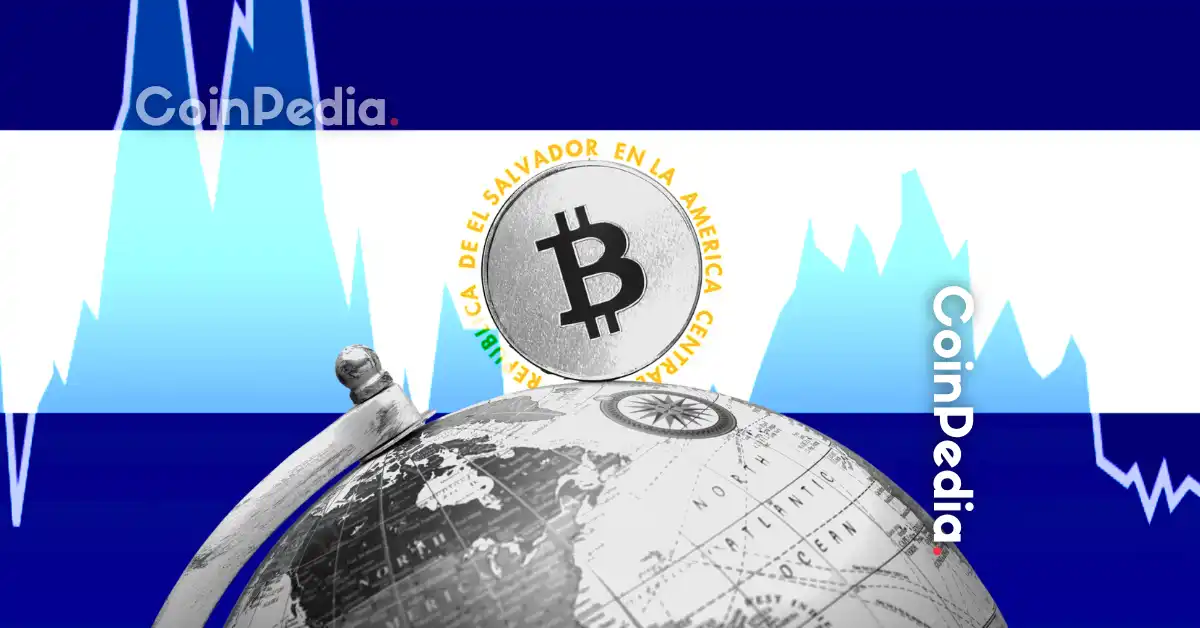The Bitcoin Revolution in El Salvador: A Double-Edged Sword
Introduction: A Bold Leap into the Digital Age
El Salvador’s decision to adopt Bitcoin as legal tender in 2021 was a groundbreaking move that thrust the small Central American nation into the global spotlight. President Nayib Bukele’s vision was clear: to leverage cryptocurrency to drive financial inclusion, attract foreign investment, and modernize the economy. However, this ambitious experiment has been met with a mix of enthusiasm and skepticism, as the country grapples with the complexities of integrating Bitcoin into its economic fabric.
The Promise of Financial Inclusion and Economic Growth
Bridging the Banking Gap
One of the primary motivations behind El Salvador’s Bitcoin adoption was to address the significant portion of its population that lacked access to traditional banking services. Approximately 70% of Salvadorans were unbanked, limiting their ability to participate in the formal economy. Bitcoin, with its decentralized nature and potential for lower transaction fees, offered a promising solution. By embracing cryptocurrency, El Salvador aimed to provide its citizens with a means to store and transfer value without the need for traditional financial institutions.
Reducing Remittance Costs
Remittances are a lifeline for many Salvadoran families, accounting for a substantial portion of the country’s GDP. However, the high costs associated with traditional remittance services often eat into the funds sent by overseas workers. Bitcoin presented an alternative channel for sending and receiving money, with the potential to save millions of dollars in fees annually. This could have a profound impact on the livelihoods of countless Salvadorans, particularly those in rural areas.
Attracting Foreign Investment
President Bukele envisioned Bitcoin as a catalyst for economic growth and foreign investment. By positioning El Salvador as a hub for innovation in the digital age, the government hoped to attract tech-savvy entrepreneurs and investors. The announcement of Bitcoin Bonds, or “Volcano Bonds,” was a testament to this ambition. These bonds were intended to fund the construction of Bitcoin City, a futuristic metropolis powered by geothermal energy from a volcano. The city was envisioned as a haven for Bitcoin enthusiasts, offering tax incentives and a sustainable, crypto-friendly environment.
The Challenges and Criticisms
Volatility and Financial Stability
Despite the initial enthusiasm, El Salvador’s Bitcoin strategy quickly ran into opposition from the International Monetary Fund (IMF). The IMF expressed concerns about the risks associated with Bitcoin, including its price volatility, its potential impact on financial stability, and the lack of transparency in the country’s Bitcoin holdings. The IMF urged El Salvador to reverse its decision to make Bitcoin legal tender and to scale back its Bitcoin ambitions.
Public Skepticism and Limited Adoption
Beyond the IMF’s concerns, El Salvador’s Bitcoin experiment has also faced challenges on the ground. Despite the government’s efforts to promote adoption, public sentiment towards Bitcoin remains mixed. A 2024 survey revealed that 80% of Salvadorans felt that Bitcoin had not improved their finances. One of the main obstacles to widespread adoption has been the lack of education and understanding about Bitcoin. Many Salvadorans are unfamiliar with cryptocurrency and are hesitant to use it due to its perceived complexity and risk. The volatility of Bitcoin’s price has also been a deterrent, as many people are reluctant to hold an asset that can fluctuate dramatically in value.
Technical Glitches and Security Concerns
The “Chivo Wallet,” a government-backed digital wallet designed to facilitate Bitcoin transactions, has faced technical glitches and security concerns. These issues have further eroded public trust in the government’s Bitcoin initiative. Additionally, the number of businesses accepting Bitcoin as payment remains relatively small, limiting the practical utility of the cryptocurrency for everyday transactions.
The IMF’s Influence and the Scaling Back of Ambitions
Facing pressure from the IMF, El Salvador was forced to make concessions. In early 2025, the government agreed to scale back its Bitcoin policies as part of a $1.4 billion loan deal with the IMF. This included reducing public sector involvement in Bitcoin and halting new Bitcoin purchases. Moreover, El Salvador withdrew bitcoin’s legal tender status. This shift marked a significant departure from the initial vision of a Bitcoin-centric economy.
President Bukele’s Unwavering Commitment
Despite these challenges, President Bukele remains a staunch advocate for Bitcoin. He has repeatedly defended his country’s Bitcoin strategy, arguing that it is a necessary step towards financial innovation and independence. Bukele has also dismissed the IMF’s concerns, accusing the organization of trying to stifle El Salvador’s progress. Recent blockchain data indicates that El Salvador continues to purchase Bitcoin, although the amount and frequency of these purchases are unclear. This suggests that Bukele remains committed to his Bitcoin vision, even as the country faces increasing pressure from the IMF and skepticism from the public.
Conclusion: A Crossroads for El Salvador
El Salvador’s Bitcoin experiment represents a bold and unprecedented attempt to integrate cryptocurrency into a national economy. While the initial vision was ambitious, the country has faced significant challenges, including pressure from the IMF, public skepticism, and the inherent volatility of Bitcoin. As El Salvador navigates this complex landscape, it faces a critical juncture. Will it continue to pursue its Bitcoin vision, even in the face of international scrutiny and economic uncertainty? Or will it further scale back its ambitions and prioritize its relationship with the IMF? The answers to these questions will not only determine the future of El Salvador’s Bitcoin experiment but also set a precedent for other countries considering similar initiatives. The world watches with bated breath as El Salvador treads this uncharted path, a nation caught between the allure of digital innovation and the sobering realities of global finance.











